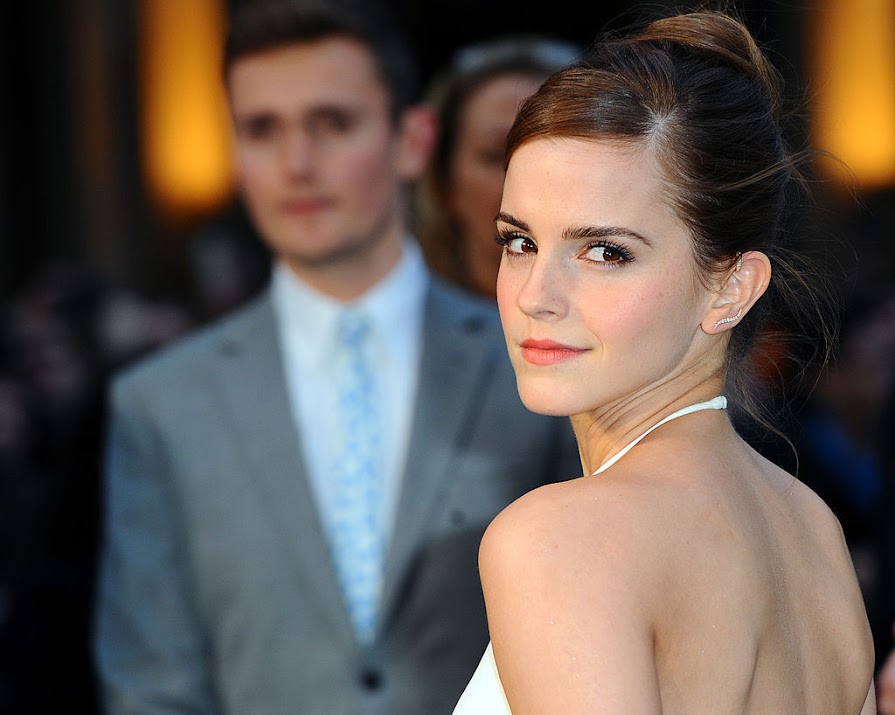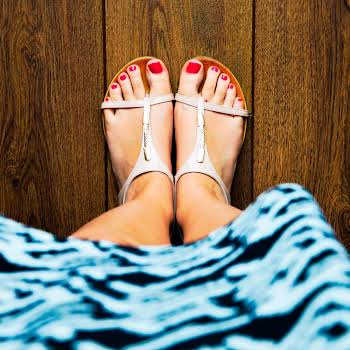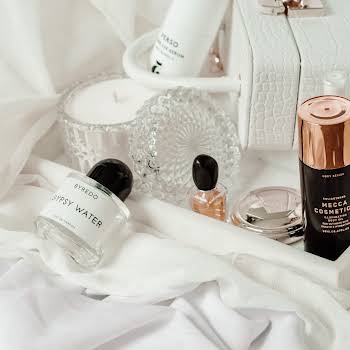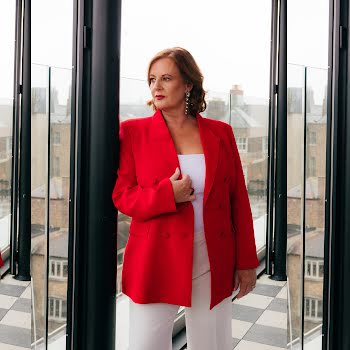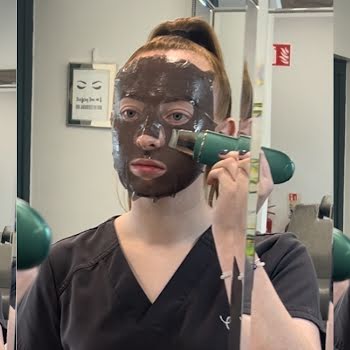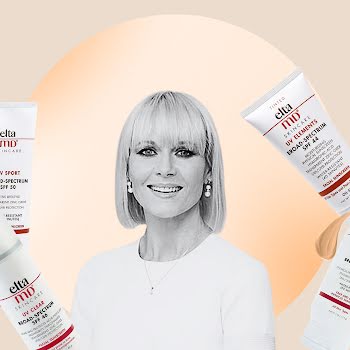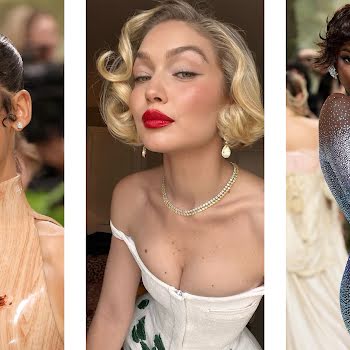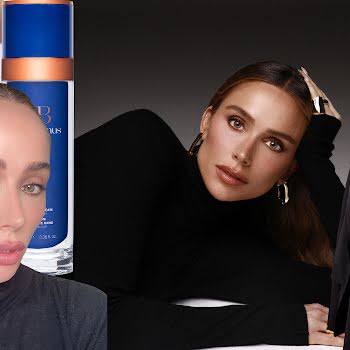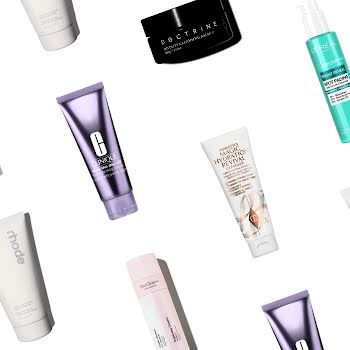
By Jennifer McShane
03rd Apr 2016
03rd Apr 2016
Update: Following the vigorous online debate, Emma Watson (or more specifically, her rep), told Refinery29 the reason you won’t be seeing the Harry Potter‘star in ANY beauty campaigns from here on out: because they don’t represent the real diversity of all women.
“Many artists often have limited control over how their image is used once an endorsement contract is signed. I cannot comment on my client’s previous contractual arrangements with Lanc’me. However, my client no longer participates in advertising beauty products, which do not always reflect the diverse beauty of all women.?
Given that the ad in question is almost three years old, it’s entirely understandable that first off, she had little control over how exactly her image would be used overall and secondly, that she could have refocused her thinking to another frame of mind in the interim, which she has done. The fact that she refuses to participate in any beauty campaigns from now on is another testament to this intelligent young woman and the feminist cause she so admirably supports. She has previously spoken about the unattainable pressures women face on the back of such beauty campaigns:
?As a younger woman, that pressure got me down, but I’ve made my peace with it. With airbrushing and digital manipulation, fashion can project an unobtainable image that’s dangerously unhealthy. I’m excited about the ageing process. I’m more interested in women who aren’t perfect. They’re more compelling.?
“Comparing myself to how I look, when I’ve gone through all of that make-up and styling, in my normal life is? just? I can’t live up to it. I was like, ?Holy sh*t! If that’s how I feel – and I get to be the person who’s on the cover of those magazines – how’s anyone else meant to cope??”
For further proof of why this young woman is an ideal advocate for women’s rights, read her most influential words on the topic of female empowerment.
30/3/16: While the internet can be a glorious tool, like anything, it has its downsides. And if you’re living your life in the public eye any blunder you may commit will potentially forever exist in the dark corners of cyberspace. Case in point: Emma Watson’s previous beauty campaign for Lanc’me.
The ad, which surfaced sometime between the 2011-2013 timeframe that Watson served as an ambassador for the beauty brand, made its way online this week after a publication pointed out that the actress was the face of Lanc’me’s ‘Blanc Expert’ line abroad. Some online commentators took offense that Watson appeared to be endorsing a product which promoted skin whitening (though she doesn’t speak or hold any product from the range in the ad) and others went on to question the actress calling herself a feminist and human rights activist as a result. Despite the fact that Watson’s campaign is three years old and appears to be more focused on brightening dark spots as opposed to overall skin bleaching, it hasn’t stopped?the online dialogue gaining momentum all day.
Gal-Dem’s Naomi Mabita?called out the actress for supporting an industry that is “designed to make us feel like our skin is a problem that we can pay for them to solve,” while others feel that the ad simply promotes the correction of dark spots, acne scars, and other forms of hyperpigmentation and therefore, doesn’t pose a threat.
We’re all for issues that prompt a healthy debate, but it’s sad to think that Watson’s empowering work as an advocate for all women’s rights should be diminished on the back of a product that no one can prove she personally endorses. And should it undo her hard work? Over the past 18 months, she has been at the fore of positivity for all feminist issues, so the backlash seems unfair.
Also,?Lancome’s site describes the beauty product as “helping to prevent dark spots in the skin, associated with age and exposure to the sun,”‘so this really seems like a misunderstanding; the terms used don’t appear to translate well into modern English.
Christine Chang, co-founder of Korean beauty e-commerce site Glow Recipe?weighed?in on the debate and explained that it could be a case of bad translating. “The word “whitening” (which is used to describe the serum in the ad) isn’t always a sufficient translation. ?It’s such a one-dimensional word. It doesn’t speak to radiance and luminosity and transcendence, and all these things that these products are supposed to do. It’s not about shade of skin, but about an overall glow.?
What do you make of it?











